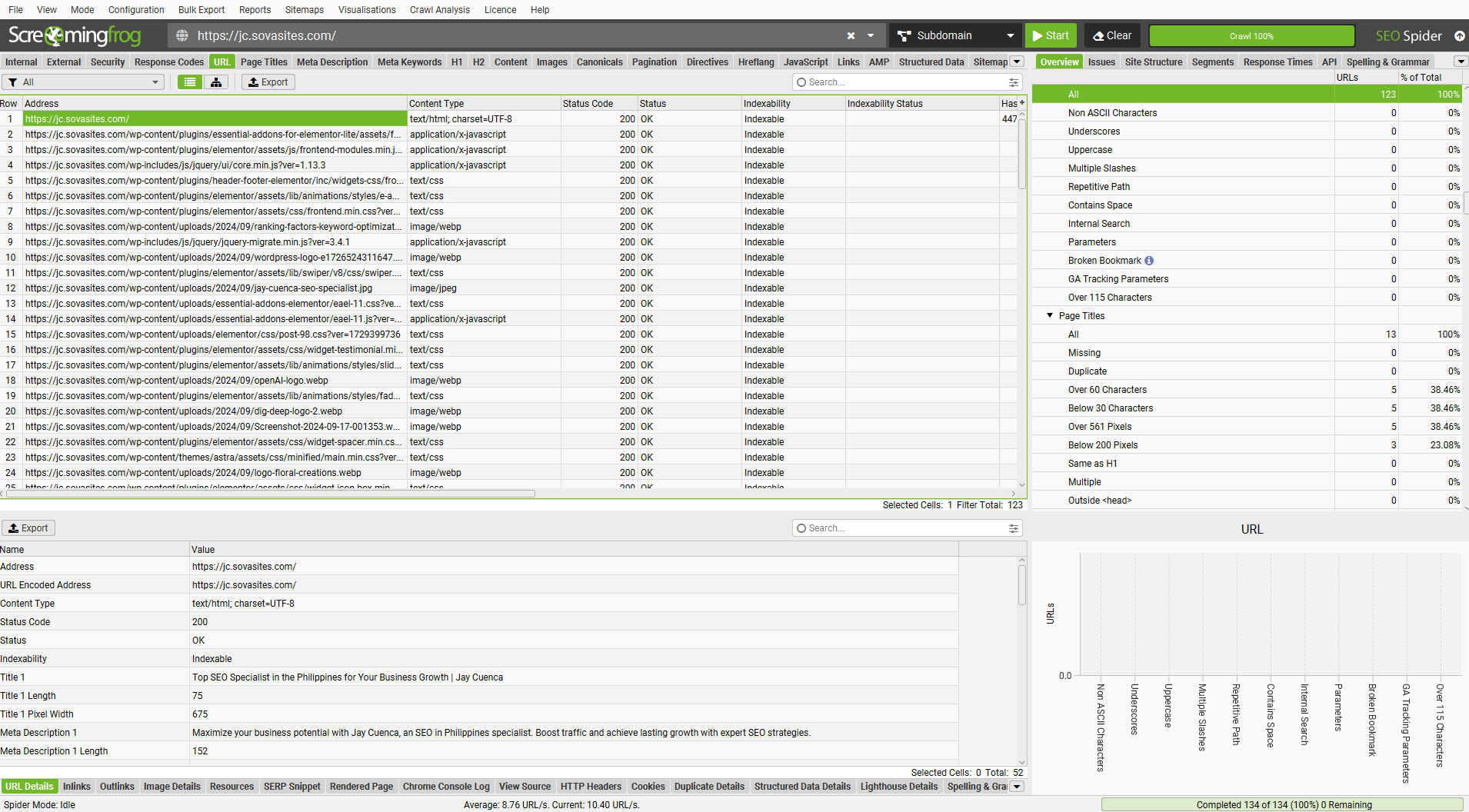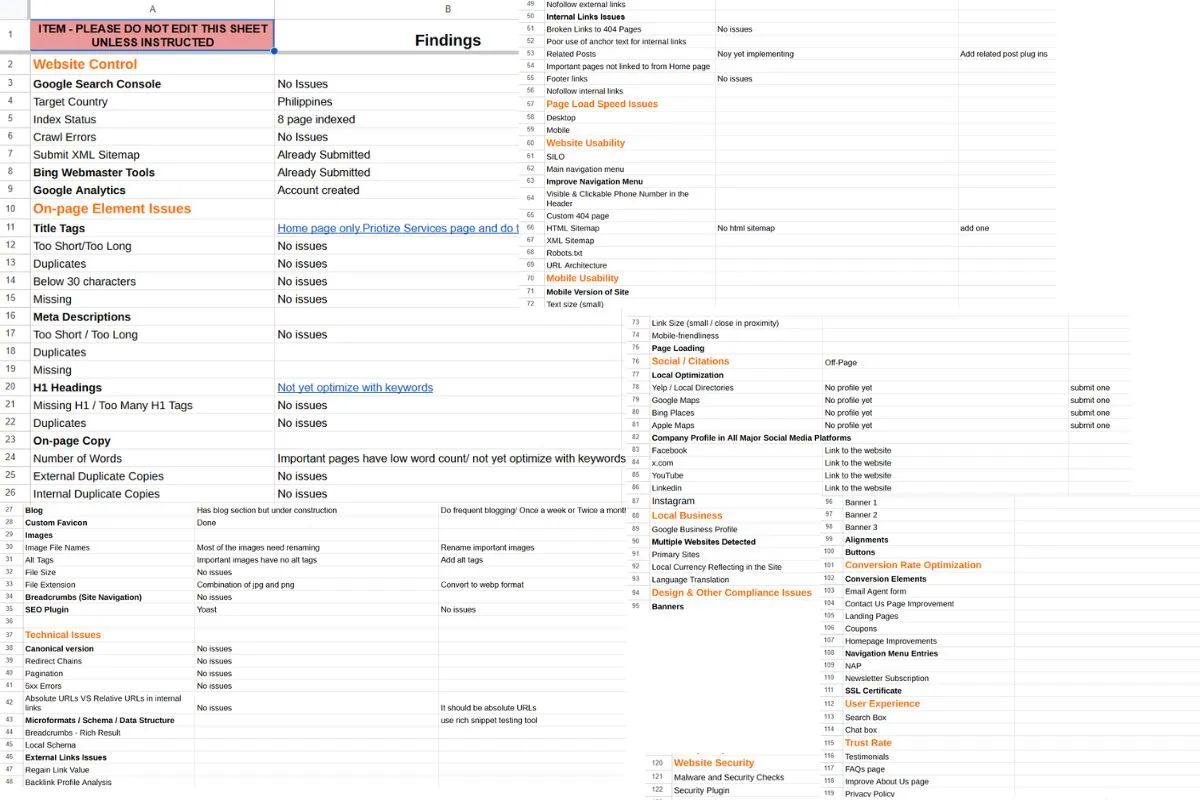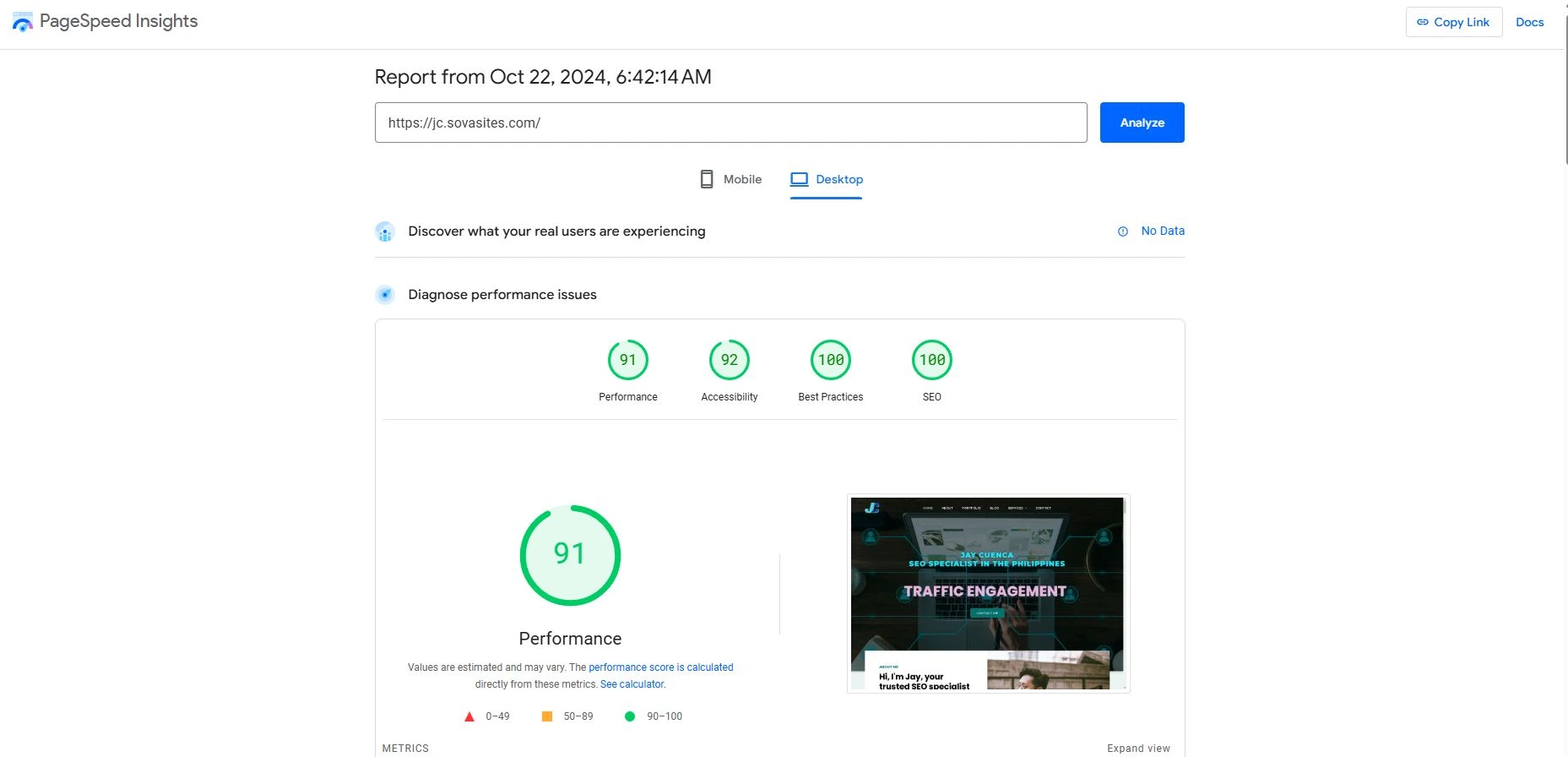SERVICES
The best free SEO website audit and analysis tools with a comprehensive checklist.
Understanding the Importance of a Website Audit
In digital marketing, conducting a website audit is essential for sustaining and enhancing your online presence. A website audit involves a thorough assessment of your site’s performance, health, and SEO effectiveness. It identifies issues that could impede your site’s visibility on search engines and offers actionable insights for improvement. Regular audits ensure your website is optimized for both users and search engines, driving more traffic and improving user experience.
One of my go-to tools for website audits is Screaming Frog. This robust software mimics search engine crawlers, providing a detailed analysis of various elements such as broken links, duplicate content, and missing meta tags. By running a crawl with Screaming Frog, I can swiftly identify pages that need attention, like those with 404 errors or redirects that might be affecting user experience and search rankings. This tool streamlines the audit process, making it easier to gather data and pinpoint areas for improvement.
Click the image for a better view
Creating a structured audit checklist is another essential step in the website auditing process. An audit checklist typically includes several key components: technical SEO, on-page SEO, content quality, and user experience. By systematically going through this checklist, I ensure that no crucial aspect of the website is overlooked. For technical SEO, I check for site speed, mobile responsiveness, and secure connections (HTTPS). Fast-loading sites tend to rank higher in search results, so I often use tools like Google PageSpeed Insights to assess performance and receive recommendations for improvements.
Moving on to on-page SEO, I focus on elements like title tags, meta descriptions, and header tags. Each page should have unique title tags and meta descriptions that incorporate relevant keywords. This practice helps search engines understand what each page is about and improves click-through rates. I also examine header tags (H1, H2, H3) to ensure they are used effectively, helping both search engines and users navigate the content. Keyword optimization is vital, so I analyze each page to ensure that targeted keywords are strategically placed throughout the content without resorting to keyword stuffing.
Content quality is another crucial aspect of the audit process. High-quality, relevant content is key to engaging visitors and encouraging them to spend more time on your site. I evaluate the existing content for originality and relevance, looking for opportunities to update outdated information or expand on topics that may benefit from additional depth. Content that answers users’ questions and meets their needs is more likely to rank well in search results, so I always strive to create value for my audience.
User experience (UX) is a factor that is becoming increasingly important in SEO. A well-structured site with easy navigation enhances user satisfaction, leading to lower bounce rates and higher conversions. During my audits, I assess the site’s layout, ensuring that it is intuitive and user-friendly. I check for clear calls to action and logical navigation paths, enabling visitors to find what they are looking for without frustration. Additionally, I consider the visual appeal of the site, as an attractive design can significantly impact users’ first impressions.
After completing the audit, I compile the findings into a report that outlines issues and provides actionable recommendations for improvement. This report serves as a roadmap for making necessary changes to enhance the site’s performance and SEO effectiveness. Regularly conducting website audits is essential for staying competitive in the digital landscape. By using tools like Screaming Frog and following a structured audit checklist, I can systematically identify and address issues that may be hindering the site’s success.
In conclusion, a website audit is a vital process for optimizing your site’s performance and ensuring it meets both user and search engine expectations. By understanding the importance of technical SEO, on-page optimization, content quality, and user experience, you can make informed decisions that lead to improved search rankings and increased traffic. Regular audits not only help maintain your website’s health but also pave the way for long-term success in the digital marketplace.
Do you want your business to generate more sales?
Get started today and boost your results. Click the button now!



